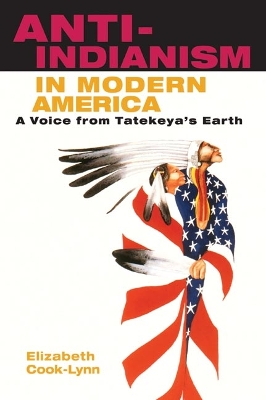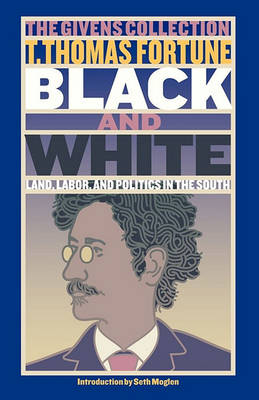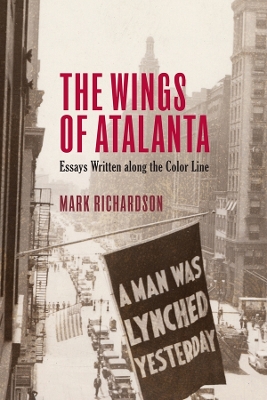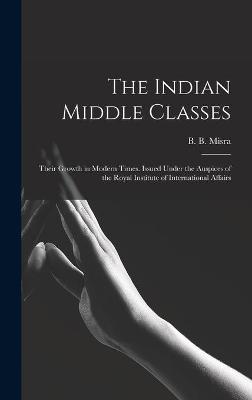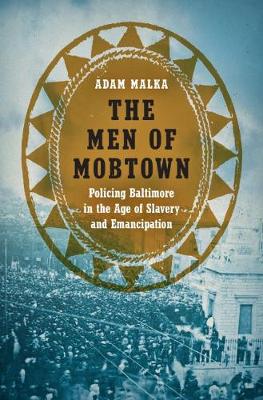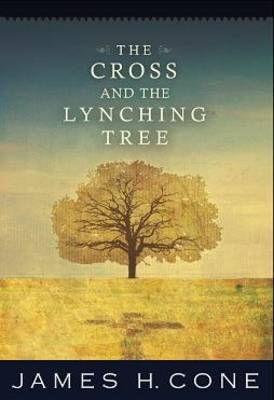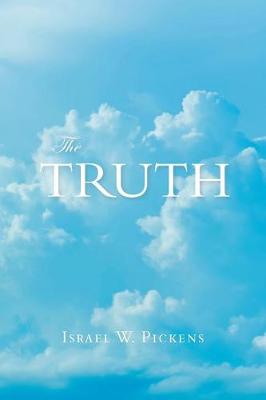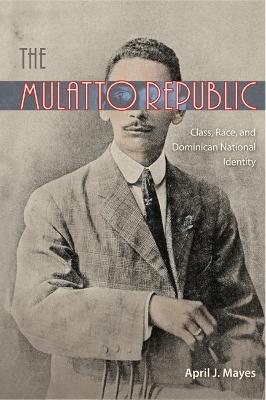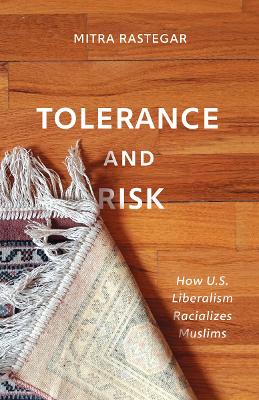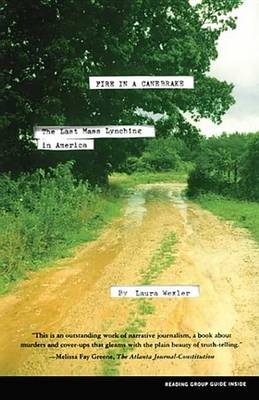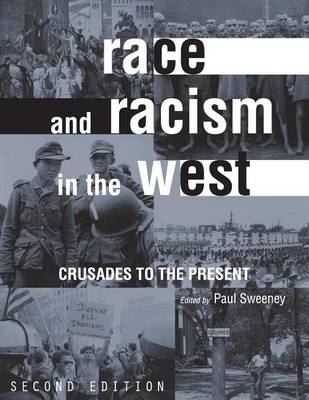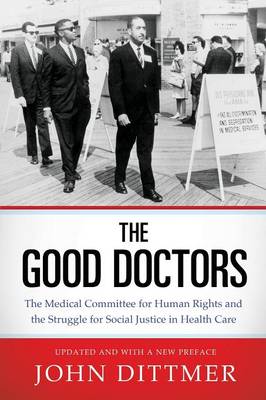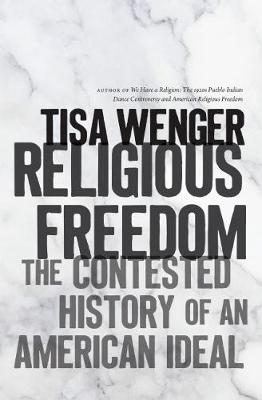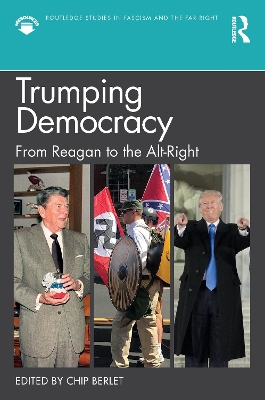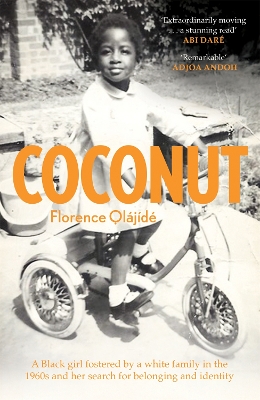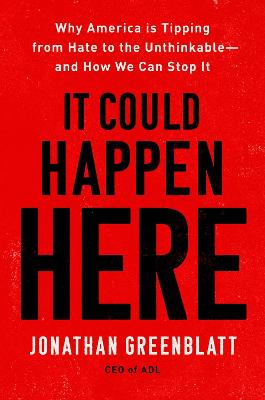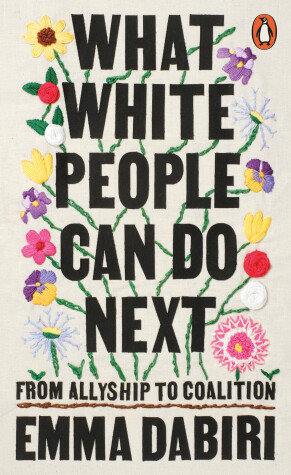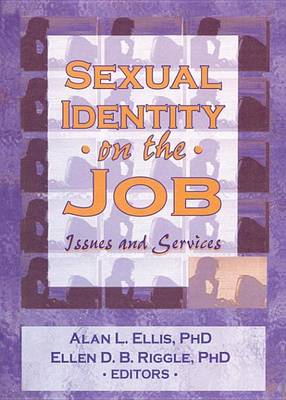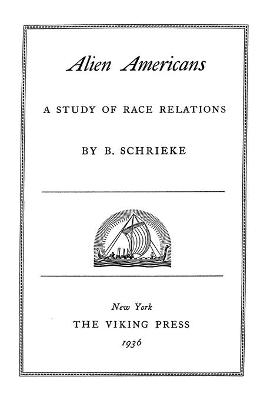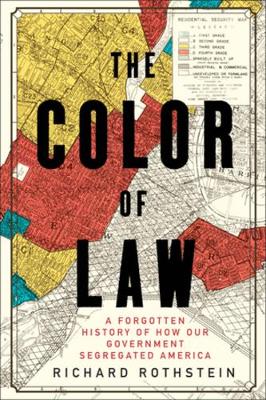We all know what happened at Wounded Knee . . . don't we? In this powerful and essential work, Elizabeth Cook-Lynn confronts the politics and policies of genocide that continue to destroy the land, livelihood, and culture of Native Americans. Anti-Indianism in Modern America tells the other side of stories of historical massacres and modern-day hate crimes, events that are dismissed or glossed over by historians, journalists, and courts alike. Cook-Lynn exposes the colonialism that works both...
Featuring a new foreword by Robin D. G. Kelley, this updated edition of the classic exploration of the economic inequality that fuels systematic racism, from one of the leading Black public intellectuals of the 19th century, is as timely and radical today as it was when it was first published. "The preeminent Black journalist of his age" (Henry Louis Gates, Jr., author of The Black Church) and an early agitator for civil rights, T. Thomas Fortune astutely and compellingly analyzes the relations...
This book springs from two premises. The first is that, with a nod toward Marianne Moore, America is - has always been - an imaginary place with real people living in it. The second is that slavery and its legacies explain how and why this is the case. The second premise assumes that slavery - and, after that fell, white supremacy generally - have been necessary adjuncts to American capitalism. Mark Richardson registers these two premises at the level of style and rhetoric - in the texture as mu...
What if racialized mass incarceration is not a perversion of our criminal justice system's liberal ideals, but rather a natural conclusion? Adam Malka raises this disturbing possibility through a gripping look at the origins of modern policing in the influential hub of Baltimore during and after slavery's final decades. He argues that America's new professional police forces and prisons were developed to expand, not curb, the reach of white vigilantes, and are best understood as a uniformed wing...
Examining two centuries of Balkan politics, from the emergence of nationalism to the retreat of Communist power in 1989, this is the first book to systematically argue that many of the region's problems are external in origin. A decade of instability in the Balkan states of southeast Europe has given the region one of the worst images in world politics. The Balkans has become synonymous with chaos and extremism. Balkanization, meaning conflict arising from the fragmentation of political power, i...
This book is an ethnography of the cultural politics of Native/non-Native relations in a small interior BC city - Williams Lake - at the height of land claims conflicts and tensions. Furniss analyses contemporary colonial relations in settler societies, arguing that "ordinary" rural Euro-Canadians exercise power in maintaining the subordination of aboriginal people through "common sense" assumptions and assertions about history, society, and identity, and that these cultural activities are force...
The cross and the lynching tree are the two most emotionally charged symbols in the history of the African American community. In this powerful work, theologian James H. Cone explores these symbols and their interconnection in the history and souls of black folk.
The Dominican Republic was once celebrated as a mulatto racial paradise. Now the island nation is idealized as a white, Hispanic nation, having abandoned its many Haitian and black influences. The possible causes of this shift in ideologies between popular expressions of Dominican identity and official nationalism has long been debated by historians, political scientists, and journalists. In The Mulatto Republic, April Mayes looks at the many ways Dominicans define themselves through race, skin...
How apparently positive representations of Muslims in U.S. media cast Muslims as a racial population Portrayals of Muslims as the beneficiaries of liberal values have contributed to the racialization of Muslims as a risky population since the September 11 attacks. These discourses, which hold up some Muslims as worthy of tolerance or sympathy, reinforce an unstable good Muslim/bad Muslim binary where any Muslim might be moved from one side to the other. In Tolerance and Risk, Mitra Rastegar expl...
What if normative gender standards were legally enforced? How would our institutions inform and enforce these rules and regulations? What would be the consequences of failing to comply with gender expression standards? It's in the midst of this maelstrom that we join Alex, our genderfluid and nonbinary protagonist who, during the thick of their adolescence, must navigate the choppy waters of lust, love, friendship, schooling, loss, and their city's rigid - and perhaps lethal - gender expectation...
Race and Racism in the West: Crusades to the Present is an anthology for use in courses on multiculturalism and ethnicity. The book addresses some of the western hemisphere's historical attitudes about racial identity. These include the concept of white privilege, the presence of paternalism, and the medieval origins of racialization based on blood in Spain. A discussion of the psychology of the colonizer and the colonized demonstrates how historic processes cast long shadows over many societies...
In the summer of 1964 medical professionals, mostly white and northern, organized the Medical Committee for Human Rights (MCHR) to provide care and support for civil rights activists organizing black voters in Mississippi. They left their lives and lucrative private practices to march beside and tend the wounds of demonstrators from Freedom Summer, the March on Selma, and the Chicago Democratic Convention of 1968. Galvanized and sometimes radicalized by their firsthand view of disenfranchised co...
Religious freedom is so often presented as a timeless American ideal and an inalienable right, appearing fully formed at the founding of the United States. That is simply not so, Tisa Wenger contends in this sweeping and brilliantly argued book. Instead, American ideas about religious freedom were continually reinvented through a vibrant national discourse - Wenger calls it ""religious freedom talk"" - that cannot possibly be separated from the evolving politics of race and empire. More often...
Trumping Democracy (Routledge Studies in Fascism and the Far Right)
Since 2014, over 80 people have been killed in the United States of America by Right-wing terrorists. In 2016 Donald Trump was elected President of the United States and received substantial support from White nationalists. This book explains the increase in violent White nationalism and Trump's ascendancy in the context of the backlash against the presidency of Barack Obama. It demonstrates how there is a dynamic relationship between the Republican Party, various Right-wing populist movements...
'Why am I not white like everybody else?' Nan came and sat on the edge of my bed. 'What do you mean?' A tender finger brushed against my cheek. 'Well, everyone in this house is white. Why am I Black?'A generation of Nigerian children were born in Britain in the fifties and sixties, privately fostered by white families, then taken to Nigeria by their parents. Coconut is the story of one of those children.1963, North London. Nan fosters one-year-old Florence Olajide and calls her 'Ann.' Florence a...
THE SUNDAY TIMES AND IRISH TIMES BESTSELLER'An absolute blockbuster of clear thinking and new angles...the most clear, alliance building, shame removing look at race. Emma is once-in-a generation clever' Caitlin MoranWe need to talk about racial injustice in a different way: one that builds on the revolutionary ideas of the past and forges new connections. In this incisive, radical and practical essay, Emma Dabiri - acclaimed author of Don't Touch My Hair - draws on years of research and persona...
Sexual Identity on the Job: Issues and Services
by Alan L Ellis and Ellen D Riggle
I Remember Death by Its Proximity to What I Love
by Mahogany L. Browne
In this groundbreaking history of the modern American metropolis, Richard Rothstein, a leading authority on housing policy, explodes the myth that America's cities came to be racially divided through de facto segregation-that is, through individual prejudices, income differences, or the actions of private institutions like banks and real estate agencies. Rather, The Color of Law incontrovertibly makes clear that it was de jure segregation-the laws and policy decisions passed by local, state, and...
